Here's how US election results might weigh on T-Mobile's strategy for UScellular acquisition
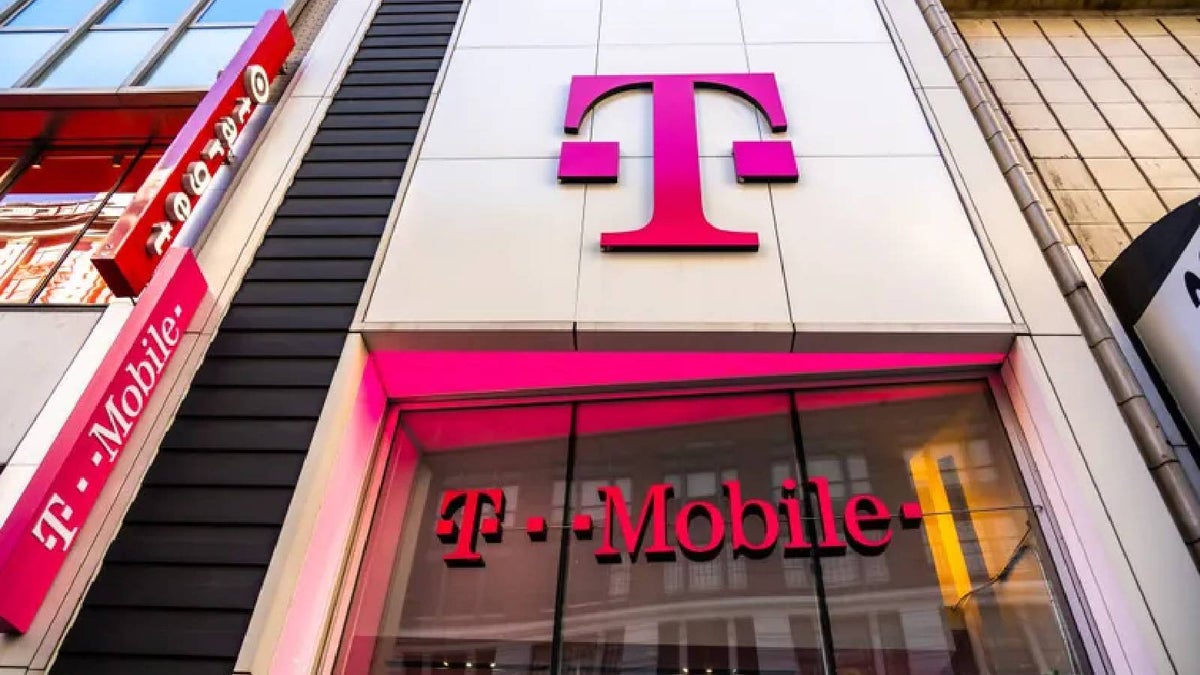
After scooping up Sprint and Mint Mobile, T-Mobile has its eyes on UScellular. The company recently expressed its intentions to purchase UScellular's wireless operations and some of its spectrum assets and the two hope to close the deal in mid-2025. The deal will only go through if it gains regulatory approval and T-Mobile may have a strategy in place to ensure everything works out smoothly.
The Affordable Connectivity Program (ACP) that made internet affordable for 23 million Americans has officially ended. The program can be traced back to the Emergency Broadband Benefit (EBB) program, which began when Donald Trump was president. It was converted to what we now know as the ACP during the Biden-Harris administration.
President Biden has been calling on Congress to extend funding for the ACP and in the meanwhile, the current administration is being supported by 14 carriers - Allo Fiber, Altafiber (and Hawaiian Telcom), Astound Broadband, AT&T, Comcast, Cox Communications, IdeaTek, Mediacom Communications, MLGC, Optimum, Spectrum (Charter Communications), Starry, Verizon and Vermont Telephone Company - in providing a broadband plan for $30 per month or less to about 10 million ACP households until the end of 2024.
T-Mobile didn't volunteer to offer ACP subscribers lower rates and Blair Levin, currently the policy advisor to New Street Research and formerly a lawyer with the Federal Communications Commission (FCC), believes this is part of its strategy to gain approval for its proposed acquisition, reports Light Reading.
After all, T-Mobile is well acquainted with the political landscape and for all we know, former CEO John Legere's frequent visits to the the Trump International Hotel might have been connected to Sprint's merger.
Regardless of who wins, T-Mobile will still have to convince the FTC and the FCC that the deal is in the public interest. It doesn't help that after the proposed purchase of 30 percent of UScellular's spectrum holdings, T-Mobile's total spectrum holding in some areas will surpass the FCC's spectrum screen.
Further complicating matters is T-Mobile's 800MHz auction process, which will happen later this year. When T-Mobile bought Sprint in 2020, the company and regulators agreed to help Dish succeed Sprint as America's fourth nationwide carrier. To that end, Dish was to buy 800MHz spectrum from T-Mobile.
With Dish spiraling toward bankruptcy, it will no longer be able to buy the 800MHz licenses. T-Mobile will now have to auction that $3.59 billion worth of spectrum and if it's unable to find a seller, it may have to divest it if it exceeds the FCC's spectrum screen.
The voters will decide whether the [T-Mobile/UScellular] deal will be judged by Biden or Trump appointed officials. If Biden wins, we now think that a Democratic majority FCC may require a specific T-Mobile commitment to serve low-income households. So here, T-Mobile may be holding back from offering a more attractive package for low-income households ... until it needs it for approval of the deal." - Blair Levin
After all, T-Mobile is well acquainted with the political landscape and for all we know, former CEO John Legere's frequent visits to the the Trump International Hotel might have been connected to Sprint's merger.
Democrats have blamed House Republicans for refusing to work with them to re-fund the ACP. This indicates that Republicans are not as interested as Democrats in bringing back the program, meaning if Trump wins, a commitment to a subsidized internet program will probably not be a part of the approval process.
If Trump wins, we don't think a low-income commitment will be part of the approval process but there may be other factors that affect the economics of the transaction." - Blair Levin
Regardless of who wins, T-Mobile will still have to convince the FTC and the FCC that the deal is in the public interest. It doesn't help that after the proposed purchase of 30 percent of UScellular's spectrum holdings, T-Mobile's total spectrum holding in some areas will surpass the FCC's spectrum screen.
With Dish spiraling toward bankruptcy, it will no longer be able to buy the 800MHz licenses. T-Mobile will now have to auction that $3.59 billion worth of spectrum and if it's unable to find a seller, it may have to divest it if it exceeds the FCC's spectrum screen.
Follow us on Google News





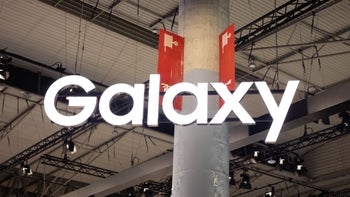
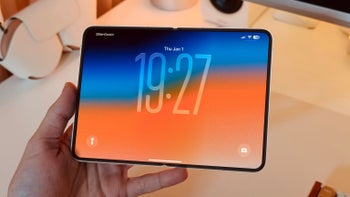
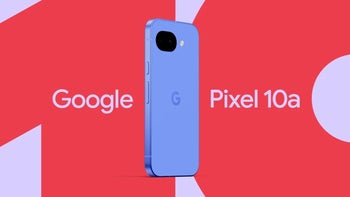
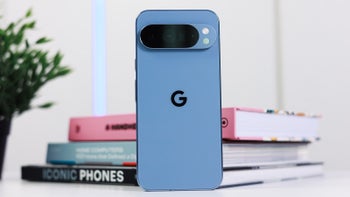
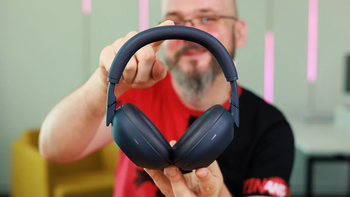
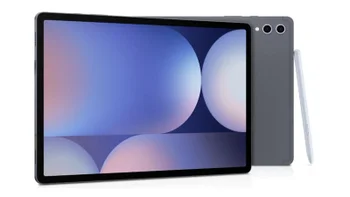
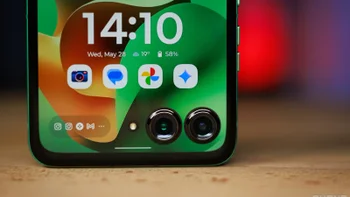
Things that are NOT allowed:
To help keep our community safe and free from spam, we apply temporary limits to newly created accounts: